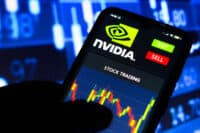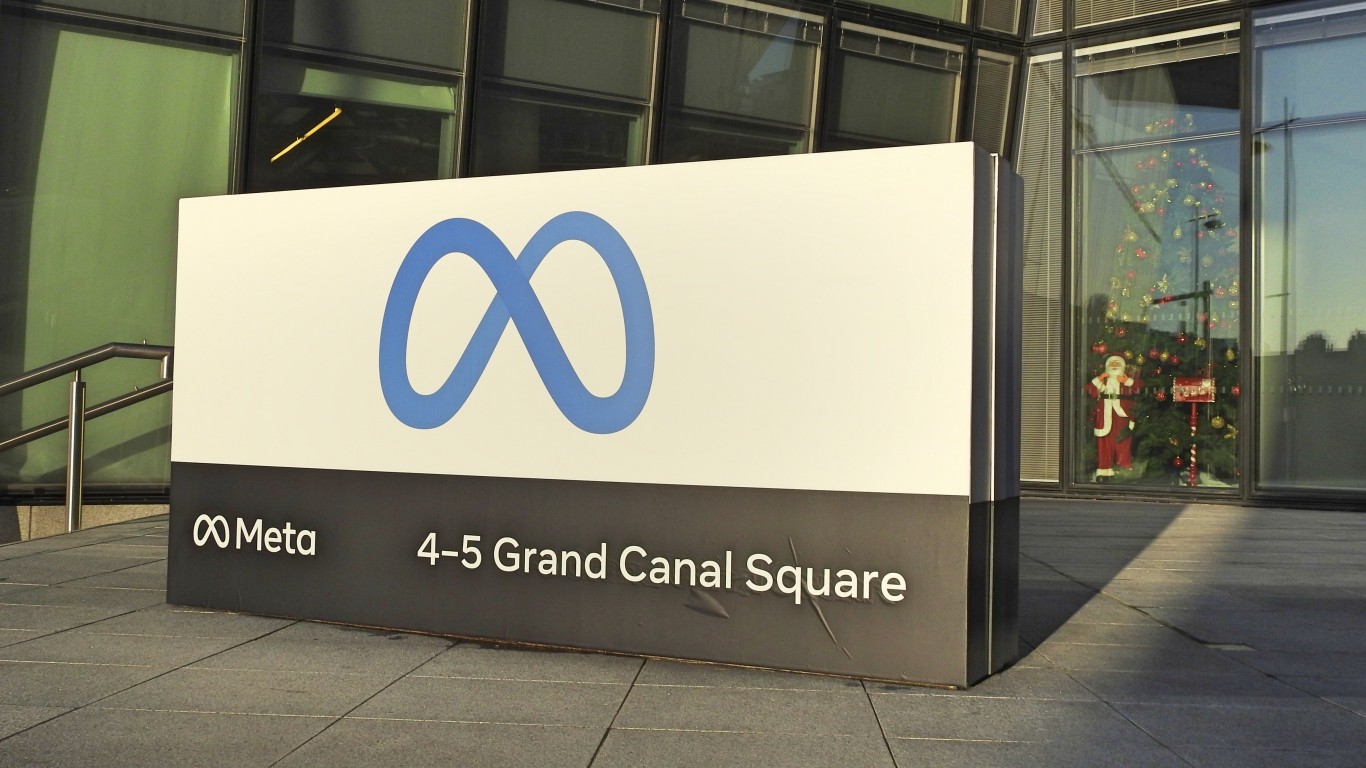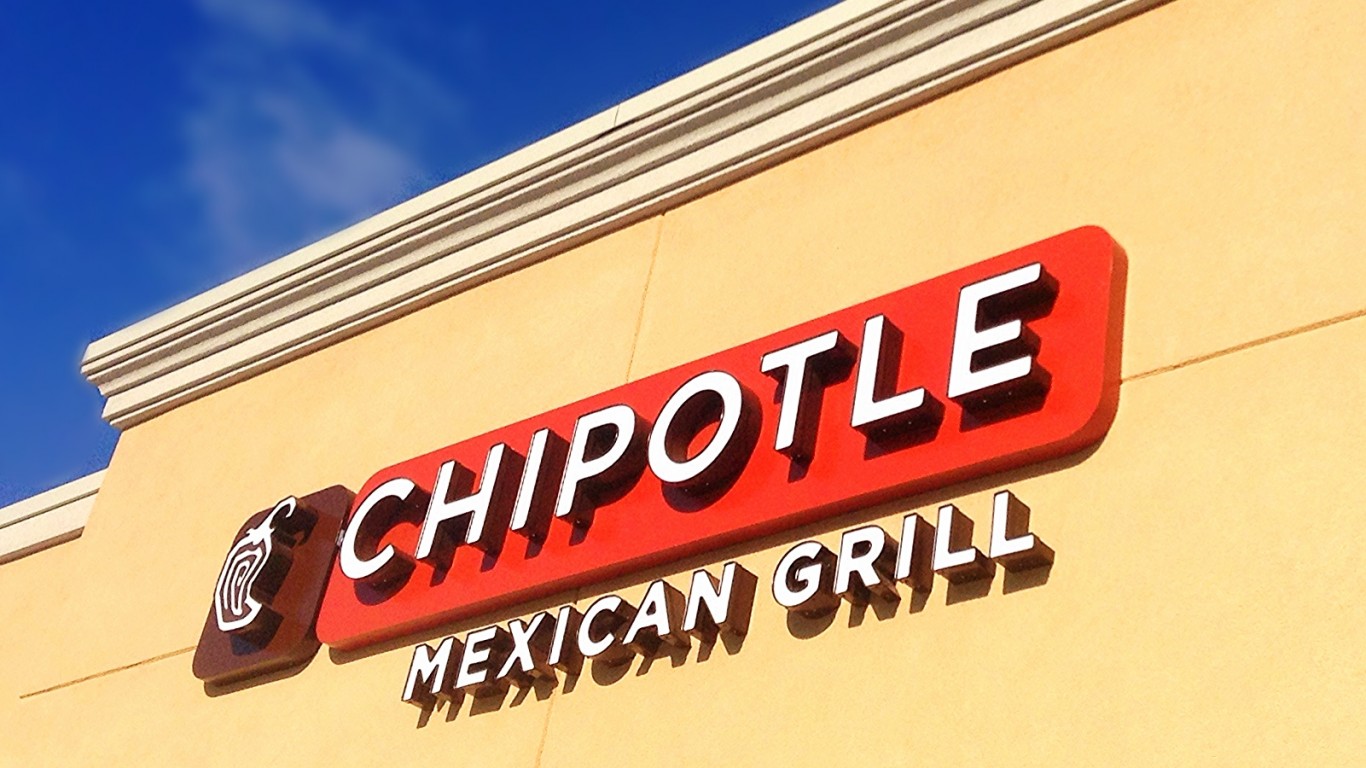This post may contain links from our sponsors and affiliates, and Flywheel Publishing may receive
compensation for actions taken through them.
compensation for actions taken through them.
In the weeks before Apple Inc. (NASDAQ: AAPL) actually announces its new iPhones and other products, a favorite pastime is guessing the date the company will make the announcement. Last year, an unusual one, to say the least, Apple did not announce the new iPhone 12 series until October 13, breaking an eight-year streak of September announcements.
This year, the company is expected to return to a September date, probably during the first two weeks of the month and also probably on a Tuesday or Wednesday. At least that’s what CNET’s Labor Day rule predicts.
According to the rule, when Labor Day falls on a date later than September 5, the new product announcement occurs on the following Tuesday or Wednesday. When the holiday falls on a date earlier than September 5, the announcement comes on Tuesday or Wednesday a week later. This year, Labor Day falls on September 6. Ergo, Apple’s announcement will come on Wednesday, September 8. QED.
On Monday, Apple put up a new webpage, “11 reasons Mac means business.” This is a story Apple has been telling on and off for decades, but the announcement of the new M1-powered Macs earlier this year may give the company the opportunity it needs to make more headway among business buyers.
Depending on whose numbers you look at, the Mac’s market share in the second quarter of this year was 7.4% (IDC, including Chromebooks) or 8.5% (Gartner, excluding Chromebooks). According to IDC, that’s 6.16 million Macs out of a total 83.61 million PCs shipped worldwide in the quarter. That represents volume growth of 9.4% year over year, but a slight decline in share from the year-ago quarter when Apple’s share was 7.6%.
Excluding Chromebooks from the count, Gartner reported worldwide PC shipments totaling 71.6 million units in the second quarter. Apple’s 8.5% share represented shipments of 6.09 million units, an 8.3% year-over-year volume increase and an increase of 0.2 percentage points in market share.
Apple’s new website also touts another story it has been telling for decades: the total cost of Mac ownership saves money in the long run. Citing a total economic impact study the company commissioned from Forrester that concluded that a single Mac averages savings of $843 over a three-year lifecycle. Of that amount, reduced IT support costs save an average of $635 per Mac, and “reduced and avoided costs” such as licensing the operating system save another $207.75 per Mac.
After markets close Tuesday afternoon, Apple will report its June-quarter results. We previewed what Wall Street expects to hear from the company.
Finally, during Tesla’s conference call following its earnings announcement Monday afternoon, CEO Elon Musk took a couple of shots at Apple for the company’s App Store policies and its use of cobalt in iPhone and Mac batteries. According to Musk, Tesla wants “to support the advent of sustainable energy … [not] create a walled garden and use that to bludgeon our competitors which is used by some companies.” Ouch.
In answer to a question about Tesla’s supply chain, Musk took his second shot at Apple:
Apple uses I think almost 100% cobalt in their batteries and cell phones and laptops, but Tesla uses no cobalt in the iron-phosphate packs, and almost none in the nickel-based chemistries. On a weighted-average basis we might use 2% cobalt compared to say, Apple’s 100% cobalt. Anyway, so it’s just really not a factor.
Cobalt mining often uses forced child labor, although Apple has said it audits its suppliers and dumps those that fail to meet the company’s guidelines.
Thank you for reading! Have some feedback for us?
Contact the 24/7 Wall St. editorial team.



